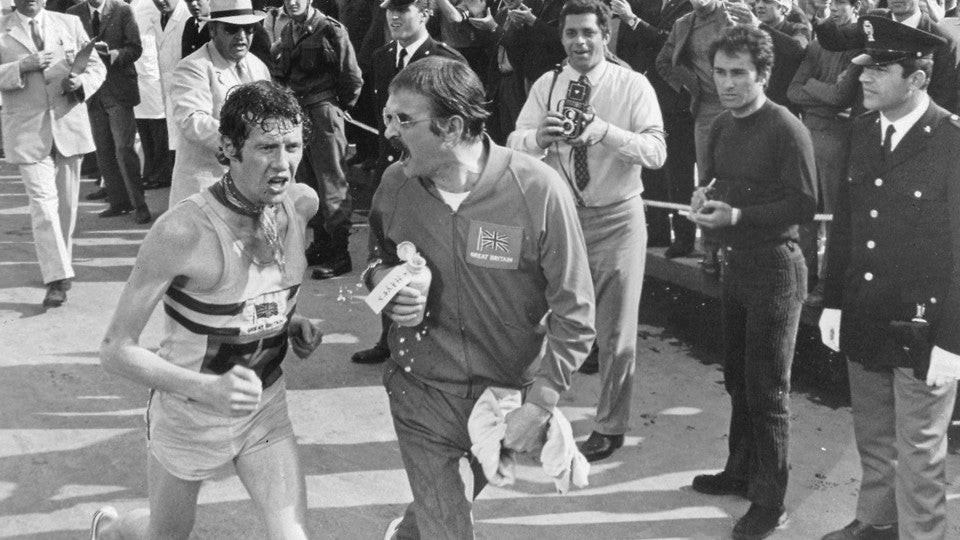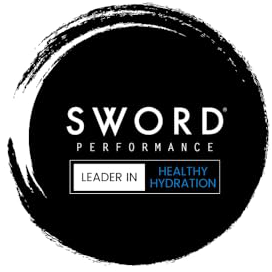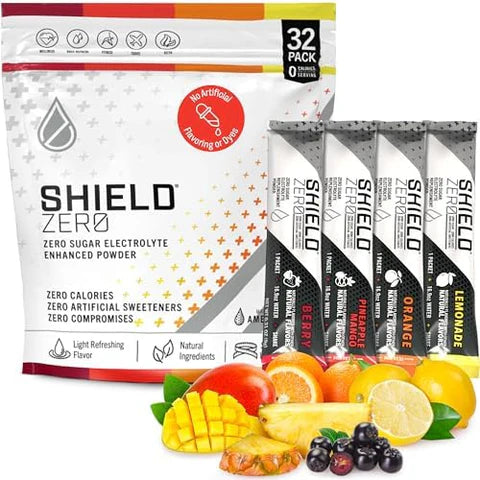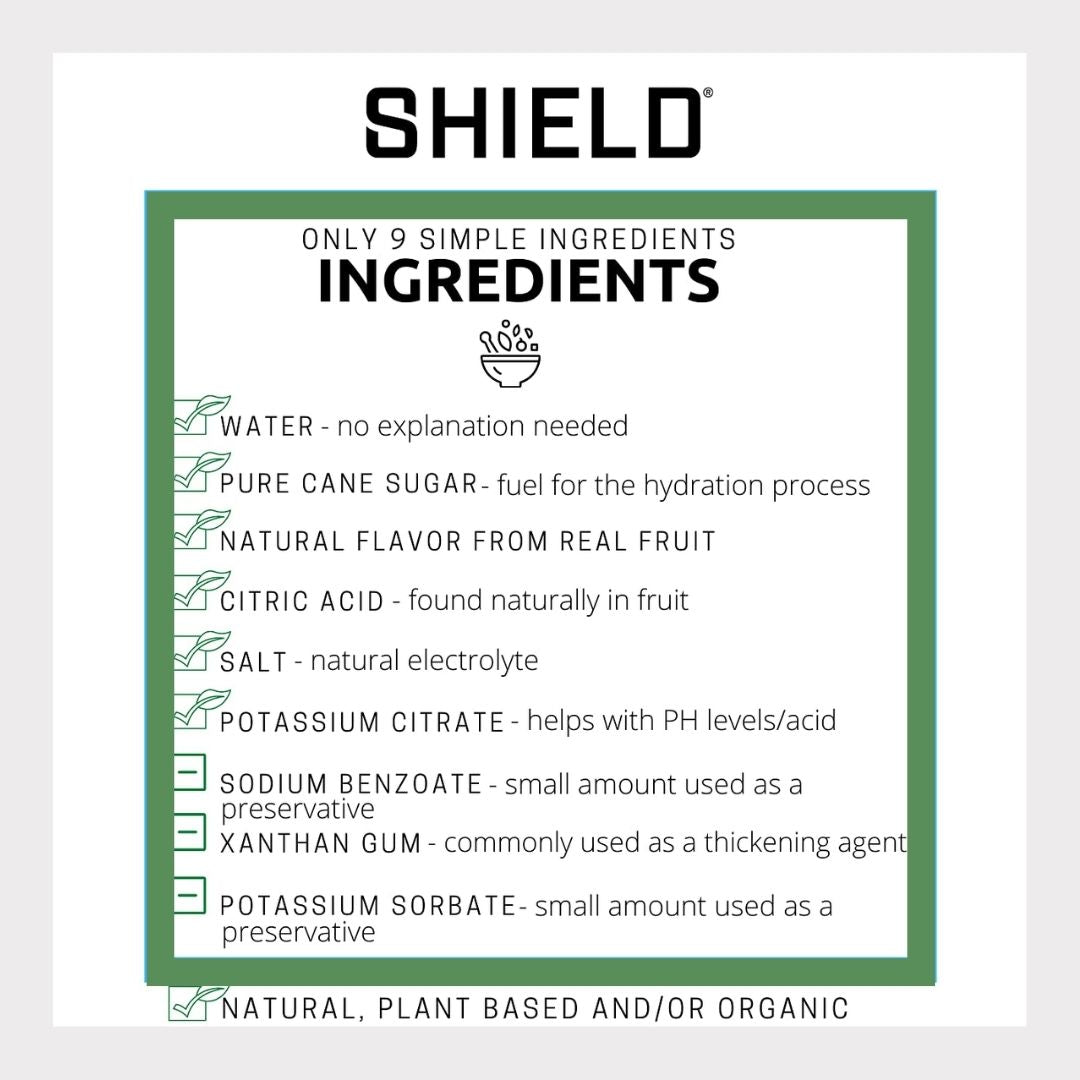
Electrolytes

In this series, Sword Performance reviews the changing tides of scientific thought. How did the founders arrive at their formula? Through careful analysis of past work in the study, and through their own work in the field.
A Brief History of the Sports Drink | Electrolytes
The case for electrolyte supplementation during exercise is more difficult to make. Given that the average person loses over 800mg sodium, about 150mg potassium, and trace amounts of calcium, magnesium, and zinc in every liter of sweat lost during exercise, it makes sense that electrolytes should be replaced. However, the human body contains large quantities of these electrolytes, so there appears to be sufficient reserve to prevent the development of significant deficiencies during typical endurance events.
The one electrolyte that seems to have the most potential utility as a supplement during exercise is sodium. Other than chloride, it is the electrolyte lost in the largest quantities in sweat, and there can be a large inter-individual difference in the amount lost. Some athletes have had sweat sodium concentrations measured in excess of 2,000 mg / L. Based on this fact, it appears that there is a group of athletes who can potentially develop a whole-body sodium deficiency during prolonged or repeated bouts of strenuous exercise.
The physiologic effect of sodium provides a further rationale for supplementation. The total body sodium level dictates the amount of fluid volume contained within the extracellular compartment. This includes the vascular space (blood / plasma volume). Preserving the extracellular volume has the potential to enhance performance through improving blood (oxygen and fuel) delivery to the brain and exercising muscle.
Sodium also has two important effects on hydration. Consumption of a sodium-containing fluid preserves the thirst drive better than a drink without sodium. Therefore, athletes drinking a sodium-containing solution will generally drink more. And, sodium helps athletes retain the fluid they consume. Part of any liquid consumed during exercise will be excreted via the urinary system. The addition of sodium to the solution will reduce the amount excreted by the kidneys, therefore increasing the amount available for use by the body.
Conclusions
Our conclusion is that though there is less support for the inclusion of electrolytes in a sports drink, we believe the addition of sodium in the proper amount can have physiologic effects that will provide benefit during prolonged strenuous exercise.









